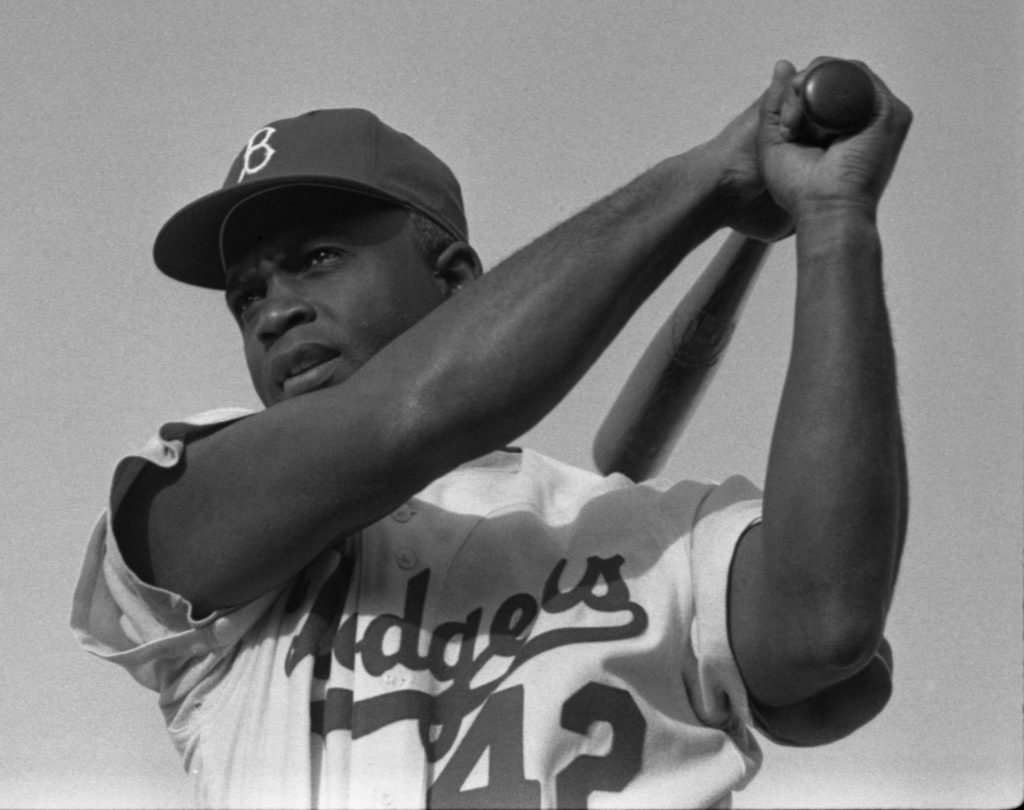Baseball season is in full swing, but it might be a very different game if Pete Browning had not broken his bat in 1884.
The story of how the iconic Louisville Slugger baseball bat came to be is fascinating. According to the famous bat company’s history, it all began when the 17-year-old son of J. F. Hillerich skipped out of work one day to watch a local baseball game. Browning, the star of the hometown team, broke his bat during the game. Young Bud Hillerich, a woodworking apprentice, invited him to his father’s wood shop, offering to make a new bat for him.
Browning, who was known as “The Louisville Slugger,” used the new bat and had three hits in his next game. Pretty soon, more players started to visit the shop for bats.
Bud’s father was not pleased by this development, until it became quite apparent that the growing demand for bats, and the ensuing profits, could not be denied. And the Louisville Slugger became more than one hitter’s nickname.
Currently, more than 3,000 Louisville Sluggers are manufactured each day, and that number swells to 5,000 during spring training. Young Bud Hillerich saw an opportunity to help one person and changed the face of the sport.
Baseball teaches many lessons and offers plenty of inspiration, even from decades-old stories. So many examples of innovation and perseverance come from the sport. And they often relate to business.
We’re often told in business that we should work on our weaknesses instead of our strengths, but let me tell you about Jim Kaat, who pitched many years for my hometown Minnesota Twins. Kaat went in to talk to his new pitching coach, Johnny Sain, during spring training before the 1966 season. Sain asked Kaat to name his top four pitches and what pitches he felt he should work on the most.
Kaat said his best pitch was his fastball, followed by his curve, slider and changeup. He thought if he improved on his slider and changeup, he would have a good season.
His coach disagreed. Sain told him: “I want you to take a different approach. Work on your fastball. I know it’s your favorite pitch so go out there in practice, warm-ups and during games and concentrate on your fastball. Throw your fastball 80-90 percent of the time all year, and you’ll win a lot of ball games.”
That season, Kaat threw fastball after fastball and won 26 games to become the American League’s pitcher of the year.
I’m a big believer in continuous improvement. We all can use extra practice and work to get better. I have a saying that goes – Good, better, best; never rest until good be better and better, best.
A baseball manager made an announcement to his team at the hotel on the morning of the game that there would be two buses leaving for the ballpark. “The 2 p.m. bus will be for those players who need extra work, and the empty bus will be leaving at 5 p.m.”
Then there’s the value of encouragement.
When Jackie Robinson, the first African-American to play major league baseball, was signed by the Brooklyn Dodgers, he became a target for racial hate mail and even death threats. Before one game, Robinson received a threatening phone call that left him so shaken that he was unable to concentrate on the game.
Robinson struck out in one inning with bases loaded. In another inning, he committed a fielding error. The crowd screamed obscenities at him. A time-out was called and the Dodger shortstop, Pee Wee Reese, walked up to the shaken Robinson, put his arm around him, and said: “Jackie, you are the greatest ballplayer I have ever seen. You can do it. And I know something else. One of these days you are going into the Hall of Fame. So, hold your head up high, and play ball like only you can do it.”
Robinson went on to deliver a game-winning hit for his team.
Many years later, Robinson recalled the incident when he was inducted into the Baseball Hall of Fame. He said of Pee Wee Reese: “He saved my life and my career that day. I had lost my confidence, and Pee Wee picked me up with his words of encouragement. He gave me hope when all hope was gone.”
Mackay’s Moral: You’ll knock it out of the park if you learn these baseball lessons.

